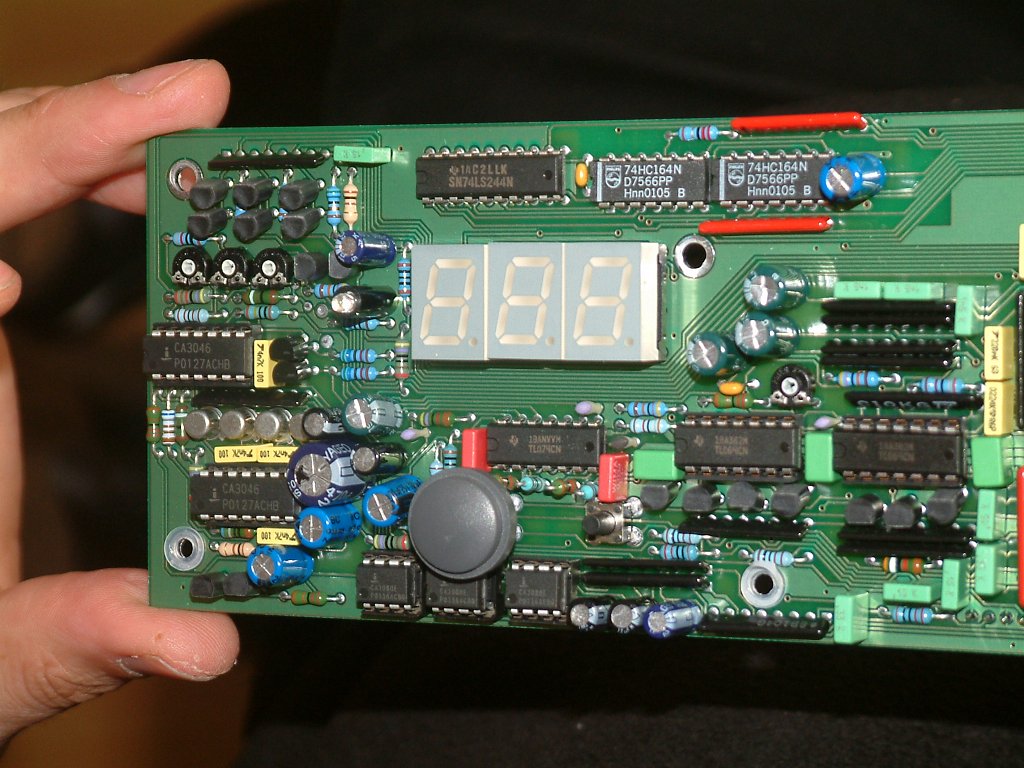If this is the case, you might only be truly satisfied with an actual Moog. Don’t get me wrong, there are plenty of synths that can nail that sound pretty closely and some of them (Behringer’s knock-off, for one) are quite inexpensive.
Yet an emulation might not be as psychologically fulfilling - leaving you to second guess whether you might not have been better off with the real deal. For some people, there is a certain satisfaction in owning a Moog. It’s not right or wrong - this is art we’re talking about. Whatever inspires you is the right choice.*
If you can, make some side-by-side comparisons. If you can’t, you might ask yourself what you want from such an instrument. If it’s truly about the sound and not the name or logo, there are options such as those already named in this thread.
And even if you decide to go the Moog route, you have to consider what you want from it. You say you want the juicy Moog bass… that could mean many things and not every Moog might be right for your particular needs. The Moog sound is built on a few different elements and not every classic Moog bass patch used all of them. First, there is the oscillator(s) to consider. When I think of a “Moog bass”, I think of two or three slightly unstable oscillators beating against one another, along with that 24dB transistor-ladder filter. Now, a Mother 32 will only give you a single oscillator, but you will get that famous filter (plus lots of other nice features and a low price). It’s a powerful little machine and the filter provides the legendary squelchy character associated with Moog. It’s cheap enough that I’ve often considered adding one to my studio despite owning far more, um… “substantial” Moog synths.
The Grandmother is a terrific synth and of all the instruments suggested, it is the one that sounds the most “Moog” to my ears. It will give you up to three oscillators, that classic filter and a mixer section based on the Moog CP3 module - an often overlooked (but critical) part of the vintage Moog sound heard on so many historic recordings. It also has one of the best spring reverbs I’ve ever heard.
However, the Grandmother isn’t without its problems. Some early units had crappy power supply connections and there have been firmware issues (in my experience, Moog just isn’t that great at firmware). These were, as far as I know, resolved, but a secondhand unit might require some firmware updates to work properly. I pre-ordered mine and when it arrived, the knobs were all out-of-calibration and some couldn’t be calibrated at all. Moog issued a fix pretty quickly and it worked fine from that point onward. Still, you might want to check with the seller when buying a used instrument to be sure you know what you’ll be getting into.
Of all those listed, the Grandmother is the one I’d choose given the price range. It’s a seriously powerful instrument with lots of features. I did entire songs on mine when I had it. It sounded lovely. It’s fat, wooly, squelchy, and slightly unruly. If it’s vibe you want, this one has it in spades.
*and I may be the wrong person to give any sort of advice here, having exercised little restraint in these areas.


 , from when I read the manual years ago. I forgot about it.
, from when I read the manual years ago. I forgot about it.